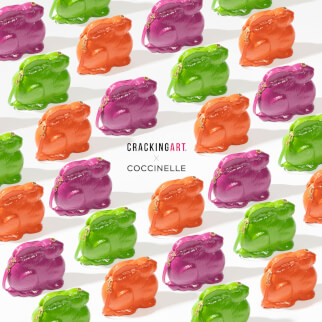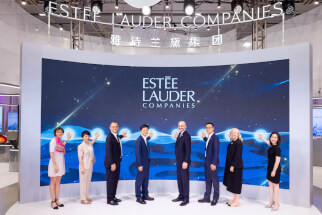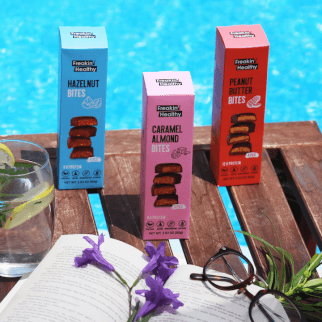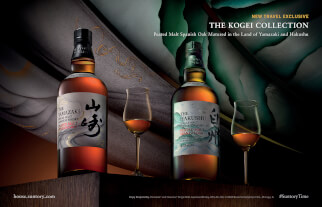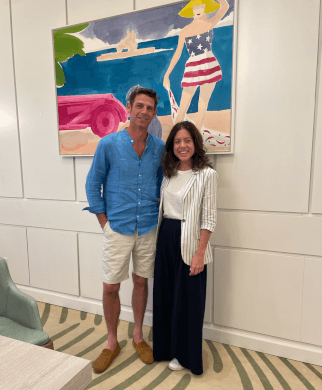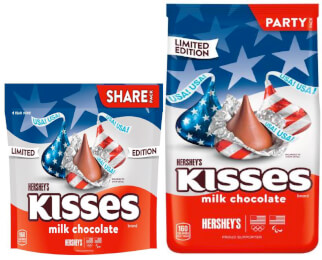Update: The Daigou dilemma
The uniquely Chinese personal shopper known as Daigou is a hotly controversial topic. On the one hand, some sellers welcome these shoppers and the volume they bring. But others decry them as just another level of wholesale, and an unregulated one at that. Daigou is known as “grey market” — not illegal, but not exactly legit, skirting around taxes and pocketing the difference.
Items are sold to Daigou shoppers through a store, but normally these goods never actually hit the store’s shelves. Instead, a deal was made ahead of time to sell the items on discount. Often they end up being sold in a place far from where the manufacturer or distributor intended them to go. Duty free is a preferred shopping channel for these shoppers, and it’s worth it for them to travel farther, get better deals and then sell the luxury items in quantity upon their return.
During the pandemic, Daigou shoppers helped keep the proverbial cash register ringing in some popular destinations outside of China. For the most part their vision shifted to Hainan, where, conveniently, the government had decided to promote duty free shopping, and the island had retailers that would sell to them. While the retailers may have been happy, however, the government was not, and a campaign was trotted out to try and curb these shoppers.
Given the extreme travel restrictions and the relative cost of items purchased, the Daigou market dropped dramatically during the pandemic, as shopping outside the country — both within duty free and in the domestic market — is an important link in the chain.
Now that global travel has reopened, the Daigou market is expected to grow once again despite increasingly stringent government regulations, rivaling our own travel retail market in sheer numbers, having reached US$57 billion in 2020, according to data-driven agency Re-Hub.
While some retailers, the shoppers themselves, their customers and some brands see benefits to Daigou shopping, others decry the practice. For luxury brands, Daigou shopping is troubling. In luxury, image is everything, and control over that image is of paramount importance. Some in the luxury market believe the practice of Daigou sullies their image, and they take pains to stop it. The practice of Daigou is also considered to increase the risk of counterfeits. But for other brands, Daigou is an important part of their business strategy.
So what is the future of Daigou? Will government regulations and an increasingly hostile shopping environment put an end to the practice? It’s doubtful. The practice’s long history and the savings Daigou shoppers offer their clients combined make it unlikely to go away anytime soon.
Bottom line, Daigou brings luxury to those who can’t afford to travel, or can’t afford to buy from a luxury shop. And many brands appreciate the value Daigou shoppers bring to their word-of-mouth marketing.
But for those who want a luxury experience and not just the branded item, they won’t get it from a Daigou shopper. The value will come from the extras that cannot be duplicated: Superior service and product knowledge, personalized and exclusive items, and special touches such as personalized gift wrapping.

.jpg?&resize.width=322&resize.height=483)

